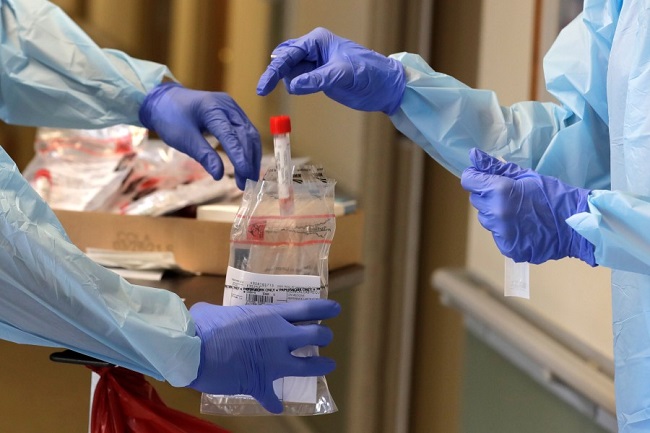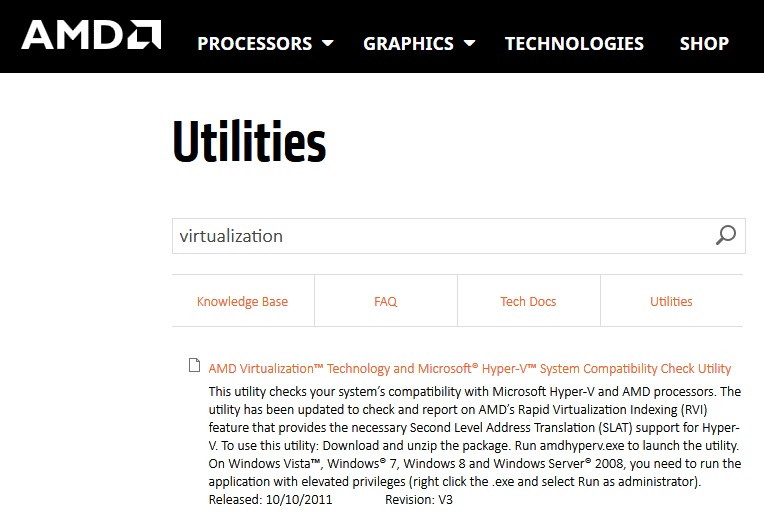Abbott didn’t merely plan layoffs and budget cuts to cope with declining revenue when demand for speedy COVID-19 screening dropped in spring and early summer. According to the findings of The New York Times’s research, the company ordered factory workers to destroy millions of paper testing cards because it assumed they would never sell.
Contents
Maker of Popular Covid Test Told Factory To Destroy Inventory
Demand for those rapid diagnostics is on the rise again now that the delta variation is on the rise and as parents, instructors, and kids prepare to return to the classroom or job, some for the first time in more than a year. Additionally, supplies of the Abbott brand are dwindling.

Abbott Plans to Rehire Hundreds of People
Abbott plans to rehire hundreds of people to speed up manufacturing, but the company warned the New York Times that this could take some time, so test supplies will be tight in the coming weeks. Abbott is offering $2,000 sign-on incentives and has opportunities for production team members on both day and night shifts on their careers page right now.
Meanwhile, several supermarkets, pharmacies, and online marketplaces have been selling out of the 15-minute, at-home BinaxNow coronavirus antigen test due to inventory destruction and reduced production.
Abbott declared in a statement on August 20 that “no company has made as many tests, at as affordable a price, as Abbott since the beginning of this pandemic.” Neither finished BinaxNOW products nor market-required test components that were destroyed in the process of being donated to charity. In reality, we can now scale up because Abbott kept usable test components.
Abbott noted a decrease in demand for testing as a result of the increased number of vaccinations and the corresponding decrease in reported cases, citing public health guidelines that advise vaccinated people to avoid testing unless they have symptoms. The company said at the time that it had plenty of finished test kits on hand to meet demand.
In addition, Abbott stated that the card components for the BinaxNOW quick tests shown in the New York Times article (143608R and 143467R) had expired after seven months, necessitating destruction in accordance with the company’s routine inventory management process.
When planning for a potential expansion, Abbott decided to stockpile materials such as reagent bottles, cardboard packaging, swabs, nitrocellulose strips, and paper labels.
Last Words
The corporation provided an explanation as to why it was unable to lend the parts to foreign places that may have used testing as well.
Abbott stated that it had decided to keep things like reagent vials, cardboard packaging, swabs, and a nitrocellulose strip in storage in case it needed to ramp up operations again.


